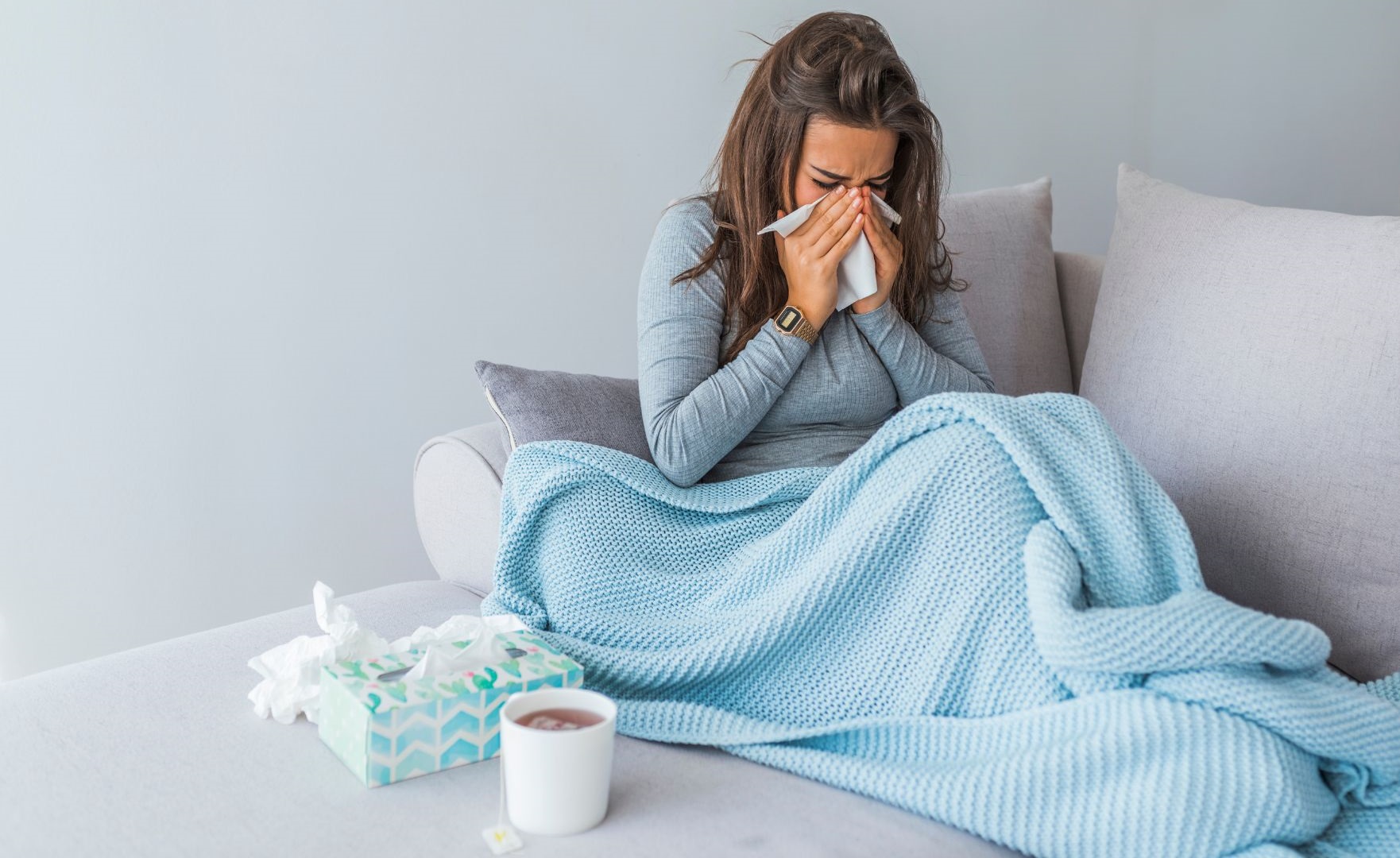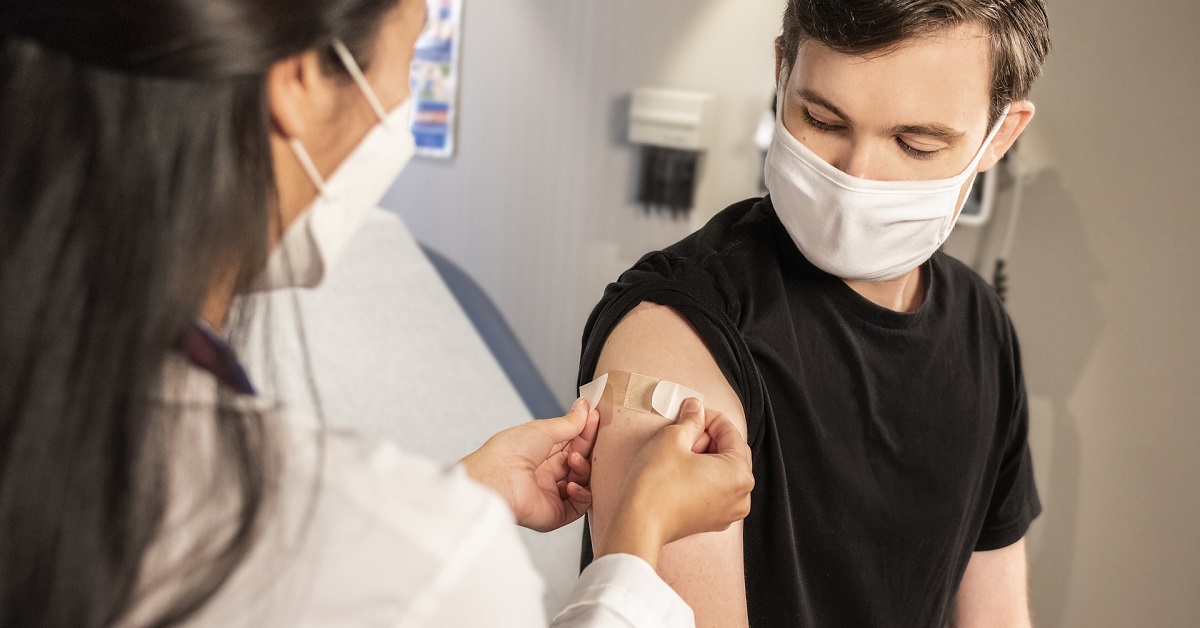Chemist.net Cookie Policy : We use cookies to enhance your user experience. To find out more please view our cookie policy
Why Should You Get the Flu Vaccine this Year?

Flu is a potentially dangerous illness that can result in hospitalisation and contributes to many annual fatalities around the world. It is more harmful than the ordinary cold and has a significant negative impact on children's and even adults' health and well-being. The best way to protect against the flu and its potentially serious complications is to be vaccinated every year. Keep reading to learn more about the flu vaccine offered through the NHS.
Who is eligible for the flu vaccine on the NHS this year?
The flu vaccination is secure and reliable. It is made available each year by the NHS to help shield those who are susceptible to developing significant flu symptoms.
The flu jab is accessible through the NHS to anyone who:
- Is above the age of 65.
- Has certain medical conditions.
- Is pregnant.
- Is in long-stay residential care.
- Gets a carer's allowance, or is the main carer for a disabled or older person who may be at risk if they fall ill.
- Reside with someone who is more likely to contract a severe infection because of a compromised immune system, like someone who has HIV, is getting treated for cancer, lupus or rheumatoid arthritis or who has had a transplant.
- Is a frontline health worker.
- Is a social care worker who can’t get the vaccine through an occupational health scheme at work.
If you are aged 50 and above, you will be able to get a free NHS flu jab beginning mid-October.

Why is it important to get the flu vaccine on the NHS this year?
You should have a flu vaccination each year for a variety of reasons. Here are some benefits of getting one:
- Getting vaccinated against the flu protects you from getting sick, especially for those with chronic conditions.
- The flu vaccine has been shown to lessen the severity of infection in people who continue to have the flu despite vaccination.
- Receiving a flu vaccine reduces the possibility of being hospitalised with the illness.
- Pregnant women who receive immunisation are protected both during pregnancy and after delivery.
- It can prevent death as a result of severe complications from the flu in children.
- By getting vaccinated against the flu, you also protect people around you.
How else can I protect myself after getting the flu vaccine on the NHS?
You can learn about the steps you should take to prevent the flu and halt the spread of viruses by considering the advice and resources listed below.
Avoid close contact
Avoid getting close to people who are sick. When you are ill, stay away from other people to prevent spreading the infection to them.
Stay at home when you get sick
When you are sick, try to avoid going to work, school, or doing errands. This will lessen the chance of infecting others with the flu.
Cover your nose and mouth
Whenever you cough or sneeze, cover your nose and mouth with a tissue. It might protect those close to you from contracting the flu.

Wash your hands regularly
Regular hand washing will help in keeping you germ-free. Use an alcohol-based sanitiser if it's not possible to use soap and water.
How can I ease my flu symptoms?
There are several natural ways to reduce the severity of your flu symptoms.
- Stay indoors and get enough rest
- Drink a lot of fluids
- Treat aches and fever
- Use saline nose drops
- Run the humidifier
- Sit in a steamy bathroom
- Try a lozenge
Shop online at Chemist.net for products to help prevent and treat flu symptoms. You can also book your appointment for the flu jab today!
This blog post was written on behalf of Chemist.net by Pharmacy Mentor.
Updated September 2022